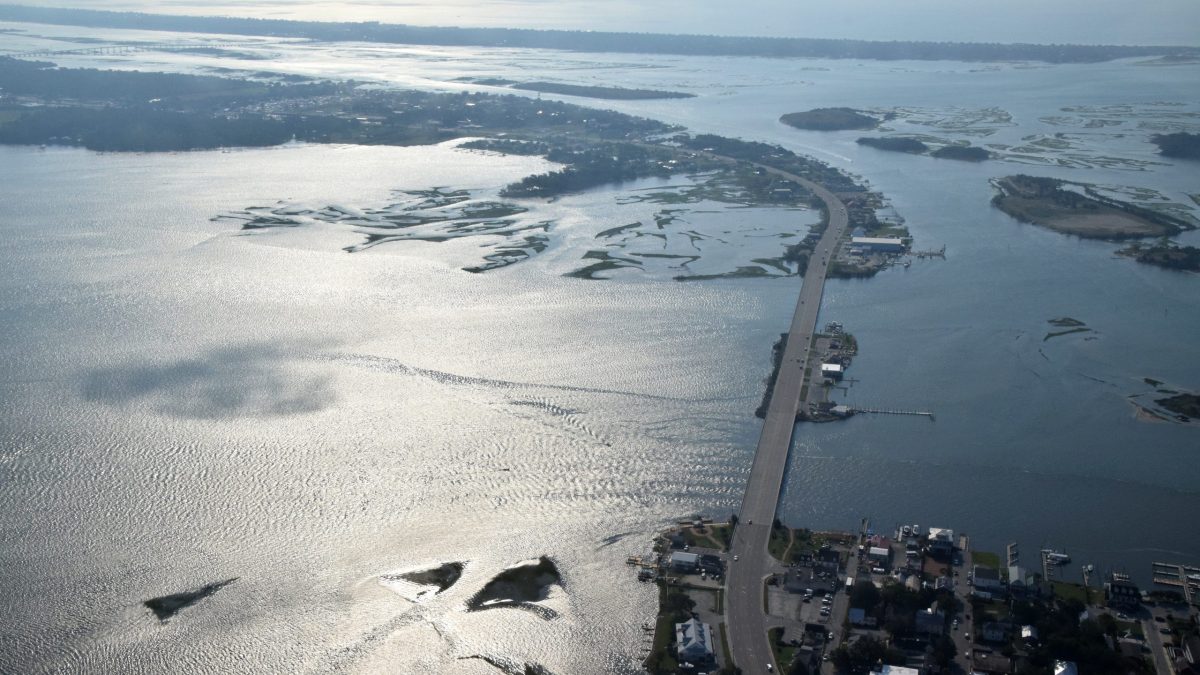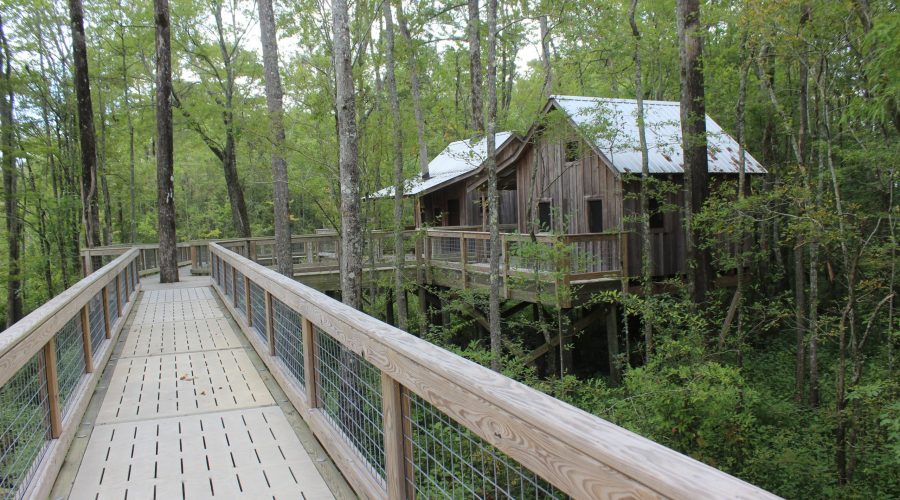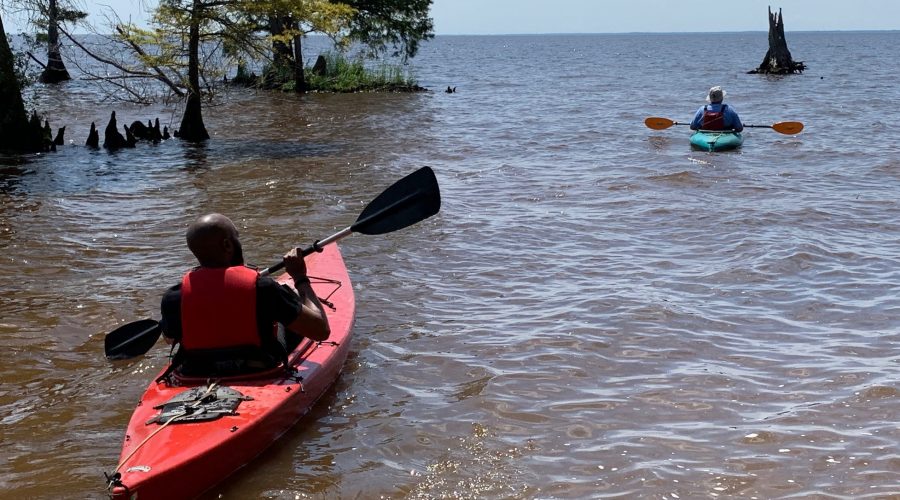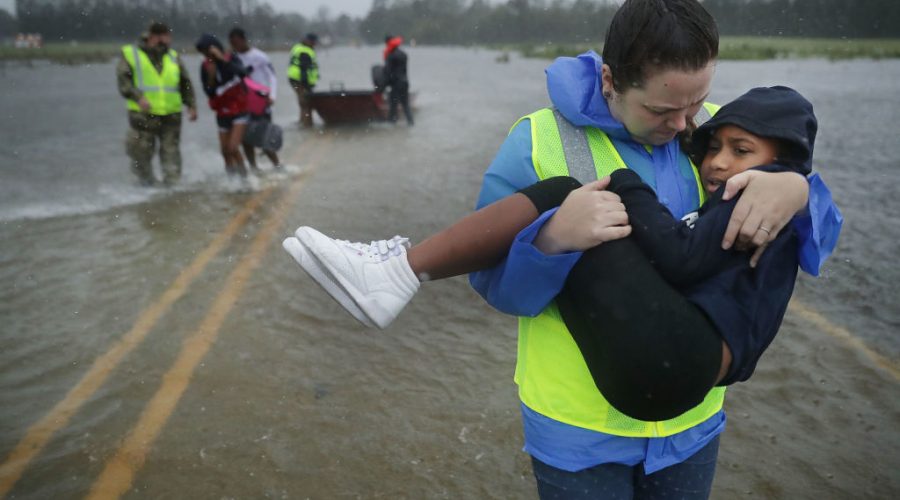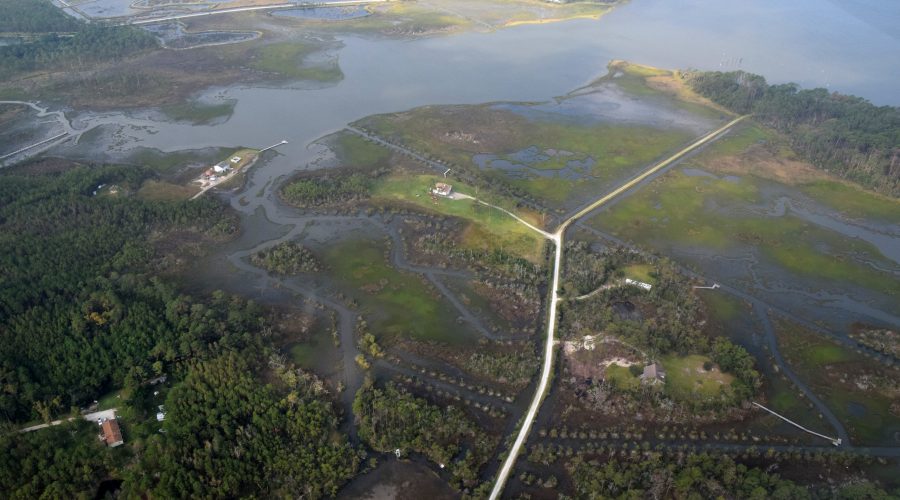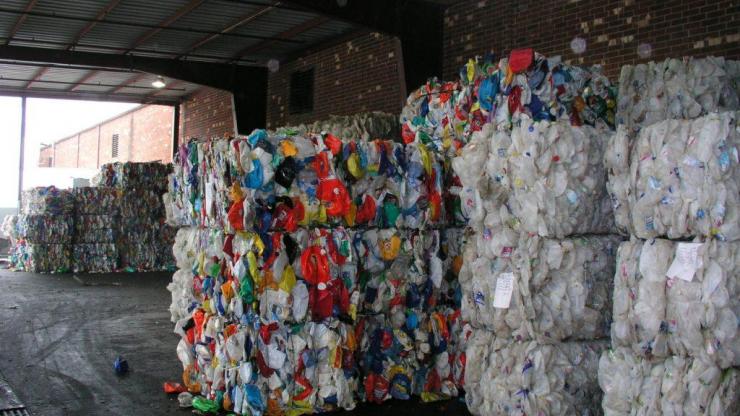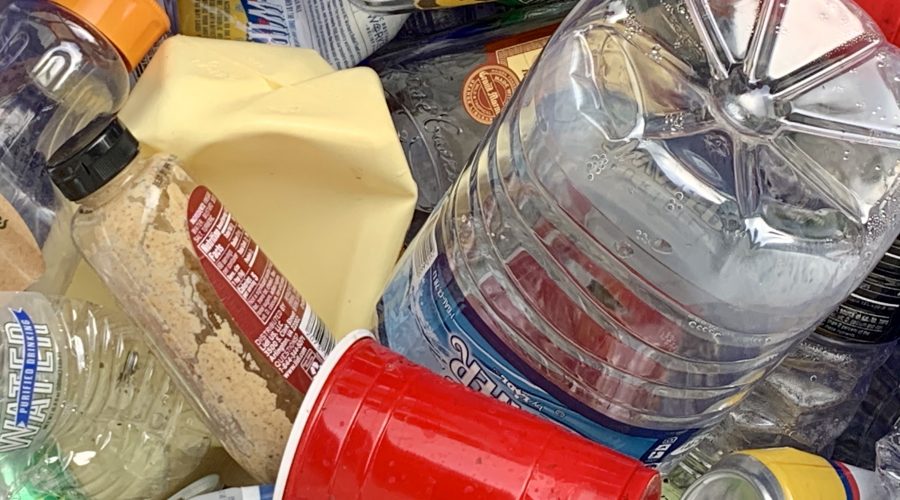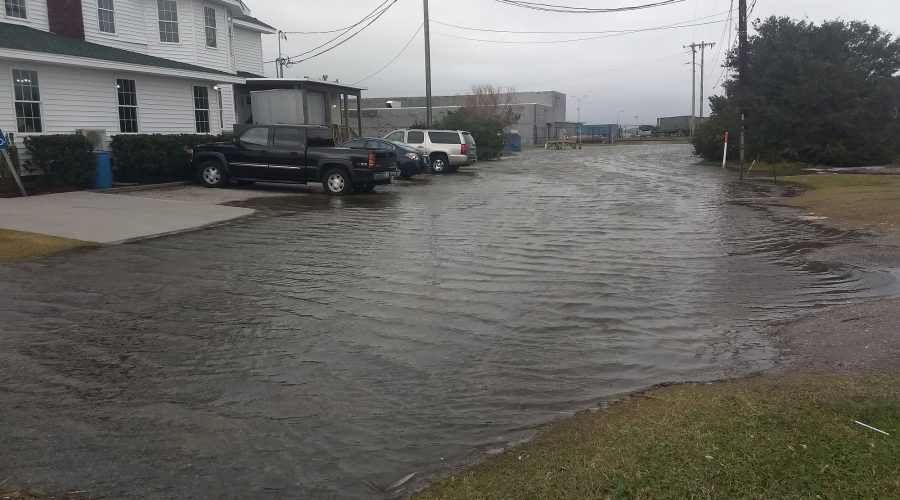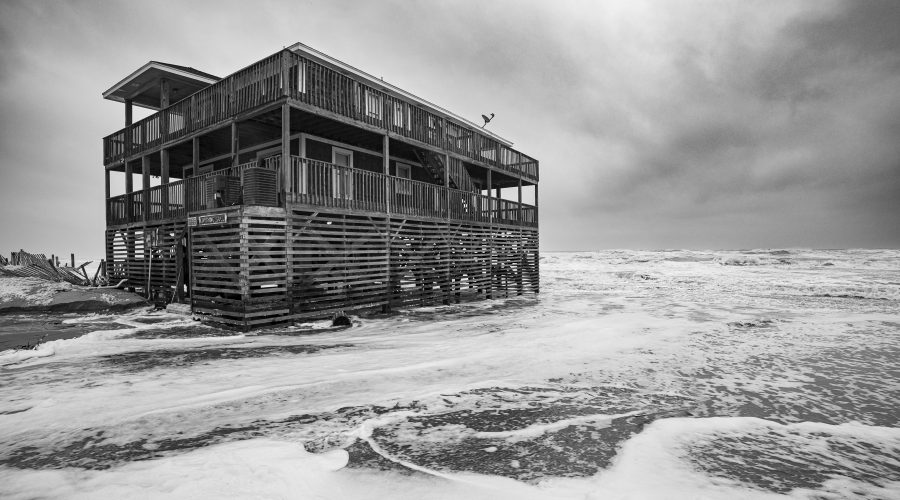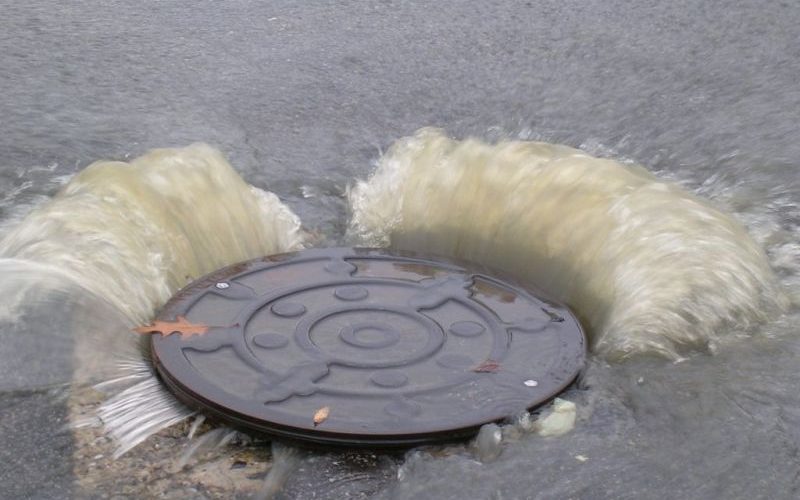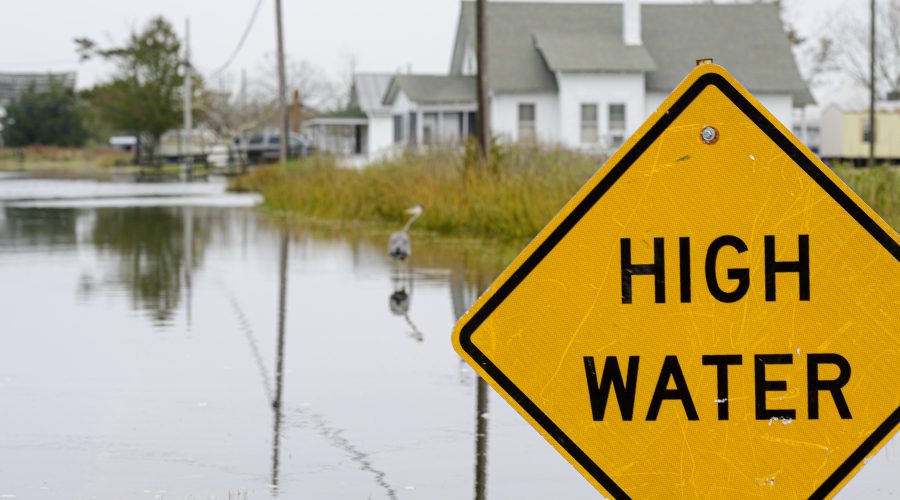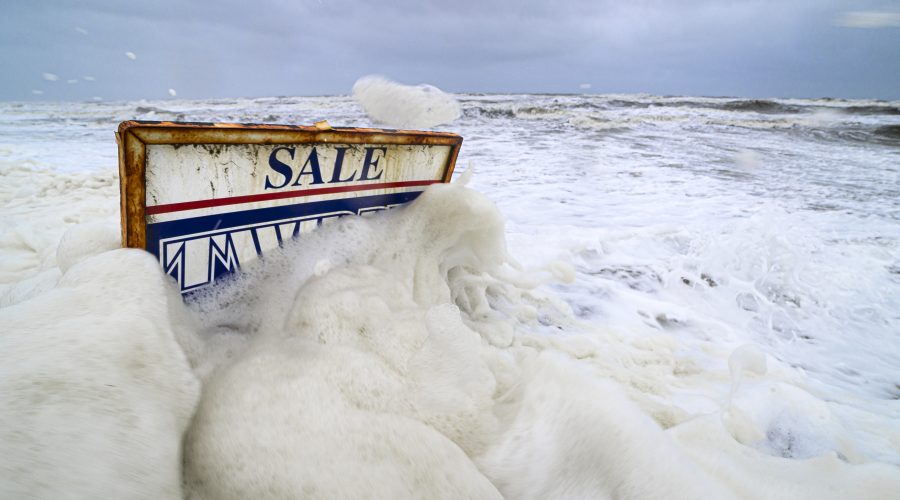The Resilient Coastal Communities Program is part of a statewide effort to help local governments address climate change-related risks.
Special Reports
Region Eyes Ecotourism as Key to Adaptation
There’s no easy answer when it comes to flooding in the Albemarle-Pamlico region, but there’s a move on to not only live with water, but also to capitalize on it.
NC Project Shows Opportunity in Resilience
Surrounded by water, nonprofits in NC’s “Inner Banks” region say bringing the environment to the people is key to community resilience.
Underserved, Underwater: Mapping a Future
Environmental justice communities are among the most at risk to the effects of climate change and while the state has made efforts to address these vulnerable populations, some say more must be done.
NC Charts New Course on Climate Change
With a shift in public perception and a statewide plan for climate resilience, efforts to shape policy and protect vulnerable communities still face challenges.
COVID-19 Curbs Roadside Litter Cleanups
COVID-19 precautions have prompted annual and seasonal roadside cleanups organized by state organizations and community volunteer groups to be canceled or postponed.
Turtle Trash Collectors Adapt to COVID-19
UNCW’s MarineQuest outreach program Turtle Trash Collectors has launched a citizen-science project to better understand how COVID-19 is affecting pollution and marine debris.
Recycling Industry Faces New Challenges
Waste and recycling organization representatives have seen a change in what and how residential customers are recycling since the stay-at-home order was put in place this March to slow the spread of COVID-19.
Cleanup Organizers Adjust During COVID-19
Since March, cleanup organizers, who have noticed an increase in COVID-19 related litter, have had to adjust to coronavirus precautions in order to continue to combat litter and debris.
Coastal Restaurants’ Plastic Usage Rebounds
In the first in a series about how COVID-19 has changed the waste stream, including plastics, Ocean Friendly Establishments coordinators continue to encourage using reusables safely when possible.
Stormwater Issues Worsen As Climate Warms
Flooding in North Carolina’s coastal communities has rapidly worsened in scale and frequency as a result of climate change, but stormwater management is a costly problem, even when there’s political will, funding and community support.
NC’s First Sea Level Rise Report, 10 Years On
The original state report on sea level rise in 2010 yielded controversy rather than policy changes to address the problem, but officials say there’s response happening now at the state and local levels.
Sea Level Rise Puts Septic, Sewers At Risk
Higher groundwater levels, heavier and more frequent rain storms and flooding associated with climate change threaten both individual and centralized systems for wastewater along the N.C. coast.
Climate Project Turns Lens to Those Affected
The Resilience Film Festival tells the stories of Hurricane Florences’ far-reaching effects and the importance of resilient communities as documented by community journalists.
NC Has Plan, But Resilience Work Lies Ahead
The statewide plan released this week to address flooding, drought and extreme weather amid a growing population, aging infrastructure and public health threats is just a first step, officials say.
State Now Has Plan For Climate Resilience
North Carolina’s environmental agency has released a collaborative plan nearly a year in the making to help guide policymakers in making vulnerable communities more resilient to climate change and coastal storms.

